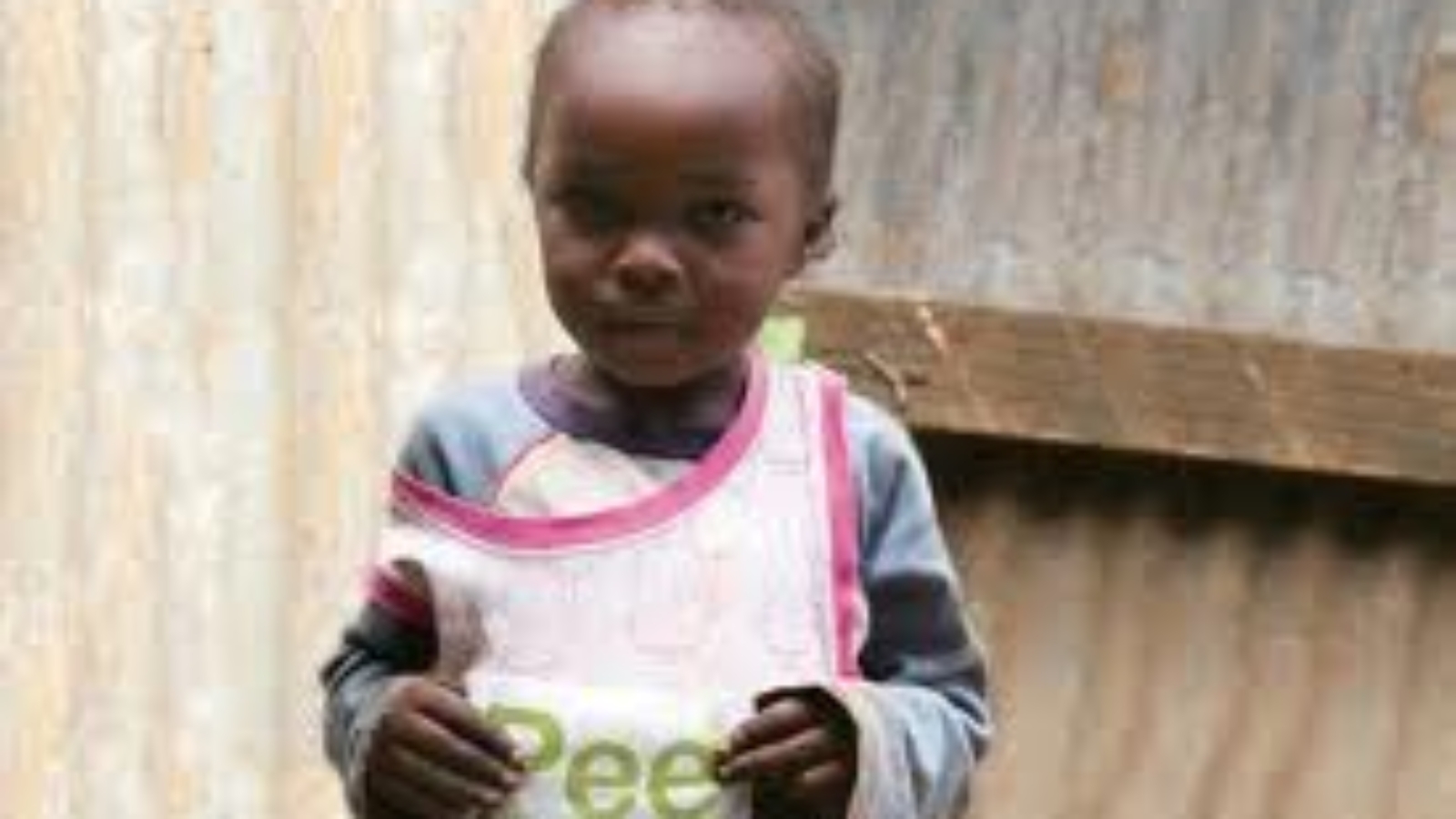A Swedish company called Peepoople has a novel solution to the sanitation crises: biodegradable bags that can be used in lieu of a latrine. The idea for their Peepoo bags comes from the slums, where “flying” or “helicopter toilets”—waste-containing plastic bags flung into the streets after use—are a quick and inexpensive byproduct of relief. But helicopter toilets quicken the spread of disease by trapping excrement in non-biodegradable plastic. Peepoople seeks to mitigate their harms while replicating their convenience.
The bioplastic Peepoo bags have two layers to protect hands from contact with waste, and are designed to be handheld or folded over a cylindrical container. The interiors of the bags are covered with urea, which quickly deactivates the harmful pathogens found in human feces and makes the waste viable for use as manure. The bags are also designed to suppress odors for 24 hours so that they can be stored for a period before disposal.
The name might elicit giggles but the issues the Peepoo bags address are no laughing matter. Proper toilets are inaccessible to 40 percent of the world’s population, leading to a lot of open sewage—and a lot of disease. According to UNICEF, 4,000 children under the age of five die every day from diarrhea caused by ingesting water contaminated by feces.
These problems are not going unnoticed. One of the UN’s Millennium Development Goals is to “halve, by 2015, the proportion of the population without sustainable access to safe drinking water and basic sanitation.” And innovators are stepping up to the challenge. At the World Toilet Organization’s annual World Toilet Summit, inventors showcase creative solutions, including a toilet that turns feces into cooking gas.
On its website, Peepoople advertises that its bags sever “the traditional link between water and sanitation.” It’s a compelling concept, but the Peepoo system is not without its flaws. Each Peepoo bag can be used only once and costs 2 to 3 cents. The company emphasizes that the price is comparable to that of a regular plastic bag; however, the plastic bags that are converted into traditional helicopter toilets are often found rather than purchased, and some questionwhether the poor will pay for Peepoo bags with free alternatives readily available. Furthermore, as UNICEF’s senior adviser on sanitation and hygiene Therese Dooley told the New York Times, “It will take a large amount of behavior change” for new systems like Peepoo bags to catch on.
Perhaps the Peepoo bag’s future is brightest for use in disaster relief. IRIN News reported last week that Oxfam is currently running a trial, distributing the bags in camps in Haiti. Oxfam has not yet published its report on the trial, although IRIN’s interviews with NGO workers on the ground suggest a lot of unanswered questions about the system’s viability remain.
–Caroline Soussloff
photograph courtesy of Peepoople
Further Reading:
